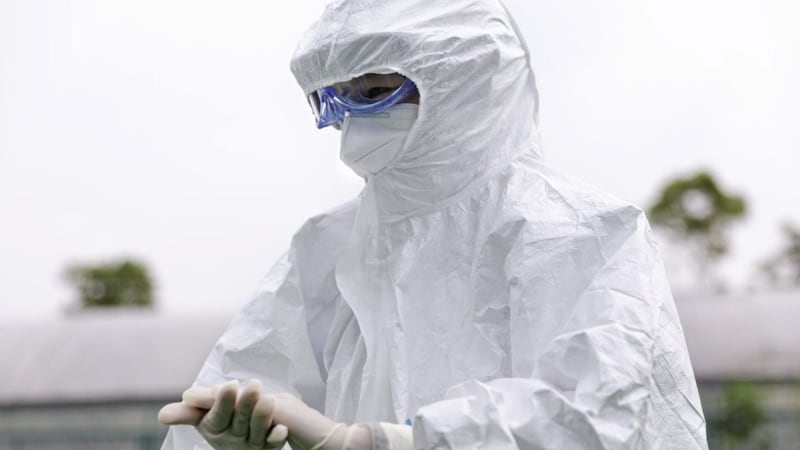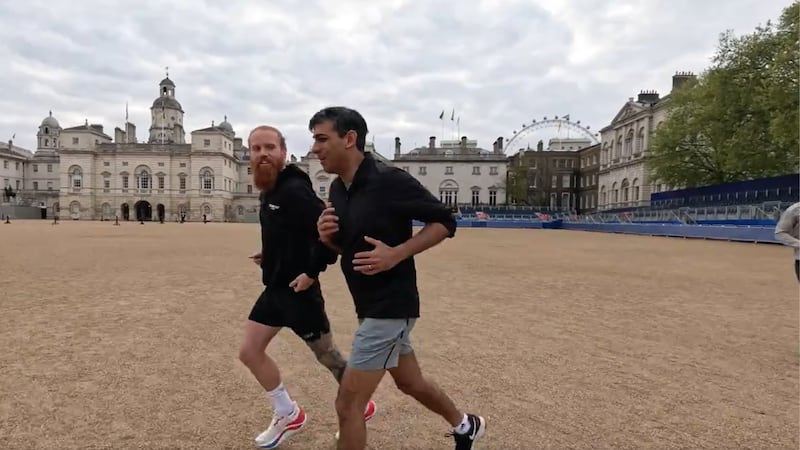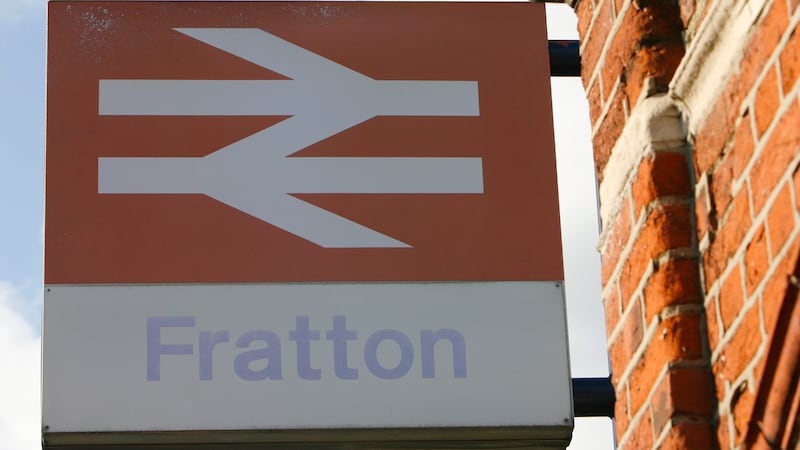AN Irish citizen is being questioned in relation to €15m coronavirus scam targetting the German health authority.
The man is being questioned by gardaí as part of an international investigation into a multi-million euro scam, that involved conning German officials to pay upfront for non existent personal protective equipment (PPE).
The investigation was launched when German health authorities made an upfront payment online of €1.5m for face masks, only to discover the website advertising PPE was in fact being operated by scammers.
The worldwide shortage of PPE has led to an increased global demand for the items.
This highly competitive market has created an opportunity for scammers to exploit police have warned.
The case being investigated by Interpol and the Garda National Economic Crime Bureau involves a €14.7m fraud in the supply of anti-virus face masks.
The scam was uncovered when German health authorities tried to purchase face masks online from a website that appeared to be linked to a legitimate company in Spain.
However, the site had been cloned by scammers. Claiming to be the legitimate company in Spain, the scammers said they could not deliver the masks but referred the German buyers to a 'trusted' dealer in Ireland.
The Irish middleman promised to put them in touch with a supplier, based in the Netherlands.
The name was that of a genuine Dutch company but again its website had also been cloned by the fraudsters.
An agreement for an initial delivery of 1.5 million masks was made, in exchange for an up-front payment of €1.5m.
The buyers initiated a bank transfer to Ireland. Just before the delivery date, the German health authorities were informed that the funds had not been received and that an emergency transfer of €880,000 straight to the Dutch supplier was required to secure the merchandise.
The Germans sent the wire transfer but the masks never arrived and the authorities were alerted.
Chief Superintendent Pat Lordan of the Garda National Economic Crime Bureau said: "The purchaser went onto a website…which he thought was a genuine website of a genuine company in Spain, but he wasn't on that website at all.
"He was on a fictitious cloned website. So, despite the fact that he thought he was purchasing €14.7m worth of face masks, they did not exist on this website, he was never going to get not even one mask."
Interpol contacted the Garda National Central Bureau in Dublin as well as the Irish bank where the upfront payment was made. The €1.5m in the account is currently frozen.
A 48-year-old Irish national from the west of Ireland was interviewed by detectives, with assistance from gardaí in Co Roscommon, in relation to the suspected money laundering of €1.5m.
Documents and electronic devices were also seized and are currently being forensically examined.
If convicted the scammers could face up to14 years in prison.
All of the bank accounts used to transfer the money have now been frozen, some in the UK and €880,000 by Dutch Fiscal Information and Investigation Service.
Chief Supt Lordan said: "We have identified a bank account in Ireland where €1.5m came into from abroad. Working with the financial institutions here in Ireland, the money has been frozen, and the money will be returned.
"We are current working to establish why did this money come into the account, where it came from and what that person knew about the whole scam that was going on.
"This operation commenced a number of weeks ago.
"We are working with police forces in Germany, in Holland and Spain… a number of people were arrested in Holland during the week and further arrests will be anticipated."
Speaking on RTÉ's Today with Sean O'Rourke, Chief Supt Lordan said every issue in the public domain provides a new opportunity for criminals.
He said Covid-19 provides that perfect opportunity and more fake websites are being set up, with consumers urged to use caution when buying online.








